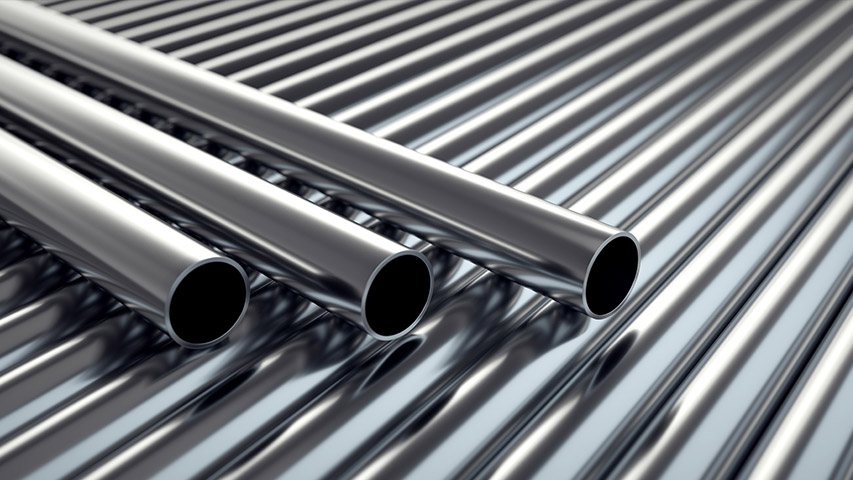
Image Source: Google
Stainless steel is a popular material used in various industries due to its durability, corrosion resistance, and versatility. One of the most common forms of stainless steel products is the stainless steel pipe. In this comprehensive guide, we will explore the wide range of applications and benefits of stainless steel pipes. To get more details visit here http://ecofittingvalve.com/.
Applications of Stainless Steel Pipe
1. Industrial Applications
- Stainless steel pipes are commonly used in the chemical, petrochemical, and oil and gas industries for transporting corrosive fluids.
- They are also used in the food and beverage industry for processing and transporting food products.
- In the pharmaceutical industry, stainless steel pipes are used for sanitary applications due to their resistance to bacteria and germs.
2. Structural Applications
- Stainless steel pipes are often used in construction for building structures such as handrails, support columns, and beams.
- They are also used in architectural applications for their aesthetic appeal and durability.
3. Plumbing and Water Systems
- Stainless steel pipes are commonly used in plumbing systems for residential, commercial, and industrial buildings.
- They are also used in water treatment plants and municipal water distribution systems.
Benefits of Stainless Steel Pipe
1. Corrosion Resistance
Stainless steel pipes offer excellent corrosion resistance, making them ideal for use in harsh environments where exposure to moisture and chemicals is a concern.
2. Strength and Durability
Stainless steel pipes are known for their high strength and durability, making them suitable for applications that require long-term performance and reliability.
3. Hygienic Properties
Stainless steel pipes have hygienic properties that make them ideal for use in industries where cleanliness and sanitation are critical, such as the food and pharmaceutical sectors.
4. Heat Resistance
Stainless steel pipes can withstand high temperatures without losing their structural integrity, making them suitable for applications that involve heat and thermal cycling.
5. Aesthetic Appeal
Stainless steel pipes have a modern and sleek appearance that adds a touch of elegance to any application, making them a popular choice for architectural and design purposes.
Types of Stainless Steel Pipes
1. Seamless Stainless Steel Pipes
- Seamless stainless steel pipes are manufactured without any welding seams, making them ideal for applications that require high pressure, high temperature, or corrosive conditions.
- They offer superior strength and reliability due to their seamless construction.
2. Welded Stainless Steel Pipes
- Welded stainless steel pipes are manufactured by welding stainless steel plates or coils together, offering a cost-effective solution for applications that do not require the same level of strength as seamless pipes.
- They are available in various sizes and grades to suit different applications.
3. ERW (Electric Resistance Welded) Stainless Steel Pipes
- ERW stainless steel pipes are manufactured by cold-forming a strip of steel into a cylindrical shape and then welding the edges together using an electric current.
- They are commonly used in low-pressure applications such as water and gas supply lines.
Conclusion
Stainless steel pipes are a versatile and reliable material that finds widespread use in various industries and applications. With their corrosion resistance, strength, durability, and hygienic properties, stainless steel pipes offer numerous benefits for different applications. Whether it's in industrial settings, structural projects, plumbing systems, or water treatment plants, stainless steel pipes provide a long-lasting and cost-effective solution. By understanding the applications and benefits of stainless steel pipes, you can make informed decisions when choosing the right material for your specific needs.